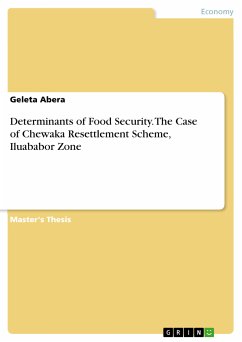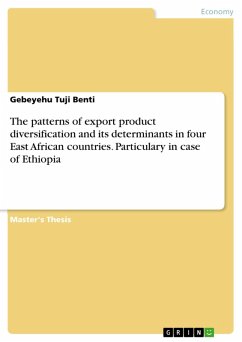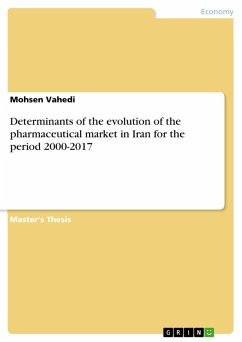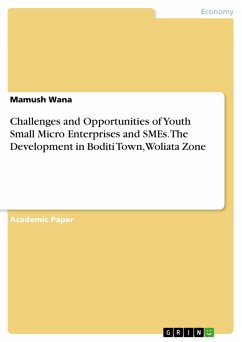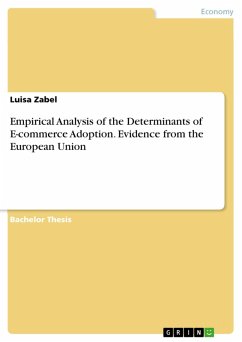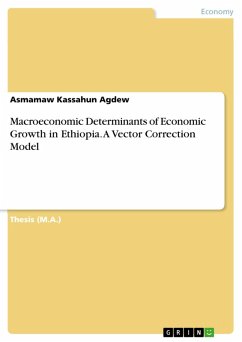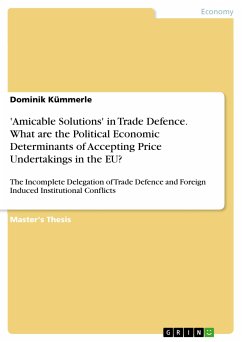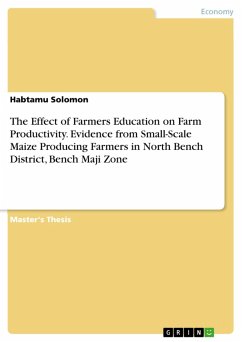Master's Thesis from the year 2016 in the subject Economy - Environment economics, grade: 4.00, Arba Minch University (business and aeconomics), language: English, abstract: This study was undertaken to assess and analyze the impact of resettlement on food security status of resettled households in the study area; assessing the determinants of household food security differentials; assessing the determinants of the program on the food security; and forwarding certain suggestions for ways of improving the program should the need arise. To this end, Descriptive statistics, and binary logic model were used. Both primary and secondary data were also employed in getting the necessary information for the analysis of the study. A total of 92 sample respondents were identified using proportional random sampling technique. The study gives due attention on empirical assessment of potential research gap of knowing the extent the livelihood strategies attain on food security; reduced poverty and how it is sustainable in ensuring development. To study a specific resettlement program, therefore, provides the opportunity to study aspects of resettlement in relation to people's livelihoods and food security in general. Finally evaluating the determinants of resettlement on food security of Chewaka resettlement scheme will serve as a base for future since no studies has been conducted in this area regarding determinants of resettlement on food security. This study is limited to the determinants of resettlement on food security in Chewaka resettlement scheme on the information that obtained from resettled households of the Woreda in the year 2015/2016. Of the resettlements undertaken in different tabias of Chewaka Woreda, four Villages were selected. In selecting the tabias and resettlement sites, special attention is paid to impact of resettlement on food security and its determinants with respect to general socio-economic conditions at a household level. One of the limitations is the difficulty in getting proper responses from respondents regarding their status of food security because respondents are not willing to give true information on the amount of crop they produce annually. The availability and accuracy data can also affect the study. There are many terms, which involved the respondents estimating quantities. These estimates should be treated as having high error terms.
Dieser Download kann aus rechtlichen Gründen nur mit Rechnungsadresse in A, B, BG, CY, CZ, D, DK, EW, E, FIN, F, GR, HR, H, IRL, I, LT, L, LR, M, NL, PL, P, R, S, SLO, SK ausgeliefert werden.

